China rejects WHO proposal for second phase of Covid-19 origins probe
Top Chinese health official said plan to audit laboratories and markets in Wuhan ‘violated science’.
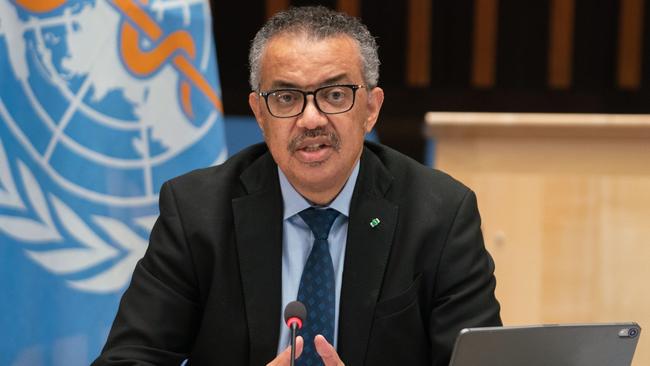
China rejects the World Health Organisation’s proposal for a second phase of investigation into Covid-19’s origins, including a potential laboratory leak, and has put forward its own proposal to seek evidence in other countries, a top Chinese official said.
WHO chief Tedros Adhanom Ghebreyesus presented member states last week with a plan for further study that would include audits of laboratories and markets in Wuhan, the Chinese city where the first cases were identified. He also called for greater transparency from Beijing.
“We cannot accept this kind of plan for origin-tracing,” Zeng Yixin, vice minister of China’s National Health Commission, told a news conference Thursday.
Mr Zeng said he was shocked by the proposal, adding that aspects of it “did not respect common sense and violated science”.
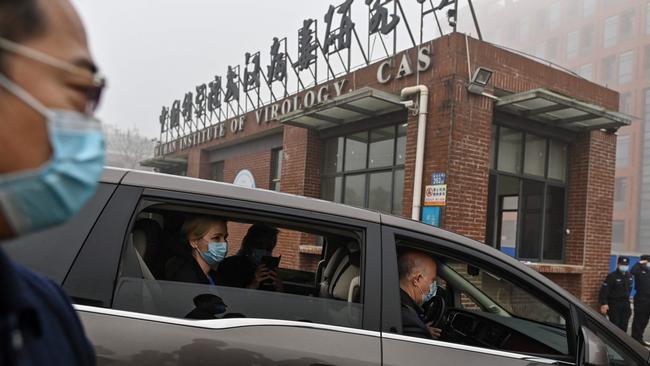
Instead, he said Beijing had on July 4 submitted to the WHO its own proposal for a second phase, which he said should be based on the first phase that was conducted by a WHO-led team and their Chinese counterparts early this year.
China’s rejection of the WHO’s proposal presents a stumbling block in a painstaking global effort to find the origin of Covid-19, which has caused more than four million deaths around the world. Beijing is sensitive to other countries blaming it for the pandemic, and rising mistrust between the US and China has compounded the difficulty of scientific collaboration and consensus.
Beijing’s efforts to shift the spotlight to other countries come after Chinese officials have suggested the virus might have originated outside its borders and spread via frozen food. While Chinese authorities -- along with the WHO-led team and many scientists -- say the virus most likely evolved and jumped from an animal to humans naturally, they say they have yet to find definitive evidence from within China.
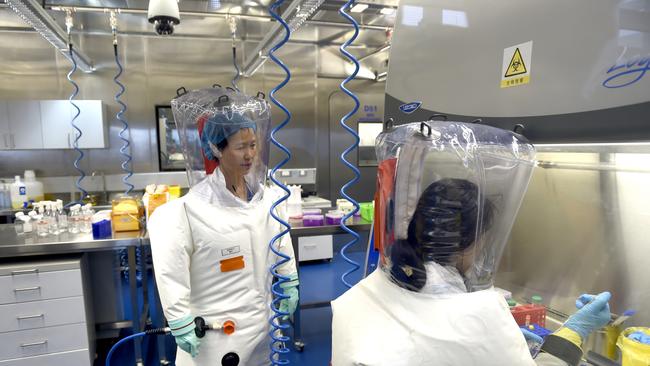
With little progress being made on discovering an animal source for Covid-19, speculation has circulated for more than a year that the virus might have escaped from a laboratory at the Wuhan Institute of Virology or another facility in the city doing research on bat-borne coronaviruses.
Beijing rejects that theory vehemently and has pushed its own claim -- without providing evidence -- that Covid-19 might have come from a US military laboratory. The WHO-led team’s conclusion earlier this year was that a lab leak was extremely unlikely, although leading scientists have demanded a deeper investigation, saying the team had insufficient access.
At Thursday’s news conference, Chinese officials dug into their position, while staying clear of naming which other countries should be investigated.
China’s foreign ministry has been more hawkish, pressing for a probe into the military laboratory at Fort Detrick, Maryland, which is home to important parts of the US biological-defense program and other medical-research efforts conducted by the military. The White House has said there are no technically credible reasons for such a probe.
Ahead of a visit by US deputy secretary of state Wendy R. Sherman to Tianjin this weekend, a Chinese foreign ministry spokesman said a probe was overdue and called upon the US to provide answers to the international community.
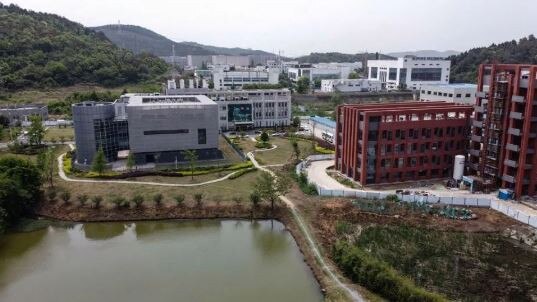
Mr Zeng noted that members of the WHO-led team who visited the Wuhan Institute of Virology earlier this year as part of an investigative trip already concluded that it was extremely unlikely that the virus leaked from there. He reiterated that the possibility of a lab introducing the virus was “extremely unlikely,” taking the opportunity to repeat the point in English.
China’s proposed second phase could slow WHO efforts to learn more about Covid-19’s origins or present a roadblock to key evidence from within China completely. Mr Zeng said scientists should look for evidence of animal hosts as well as early cases in other countries, both of which would entail laborious planning and lengthy timelines.
When the WHO-led team visited China earlier this year, it faced constraints and had little power to conduct thorough, impartial research without the blessing of China’s government. Chinese authorities have since refused to provide the WHO with raw data on confirmed and potential early Covid-19 cases.
A study published last month suggested Wuhan market was the site of widespread trading in illegal caged wildlife, providing evidence that the virus could have spread naturally from market animals to humans. But some members of the WHO-led team and other scientists say closures of operations that supplied wildlife to the market make it potentially impossible to establish whether the virus spread from another species.
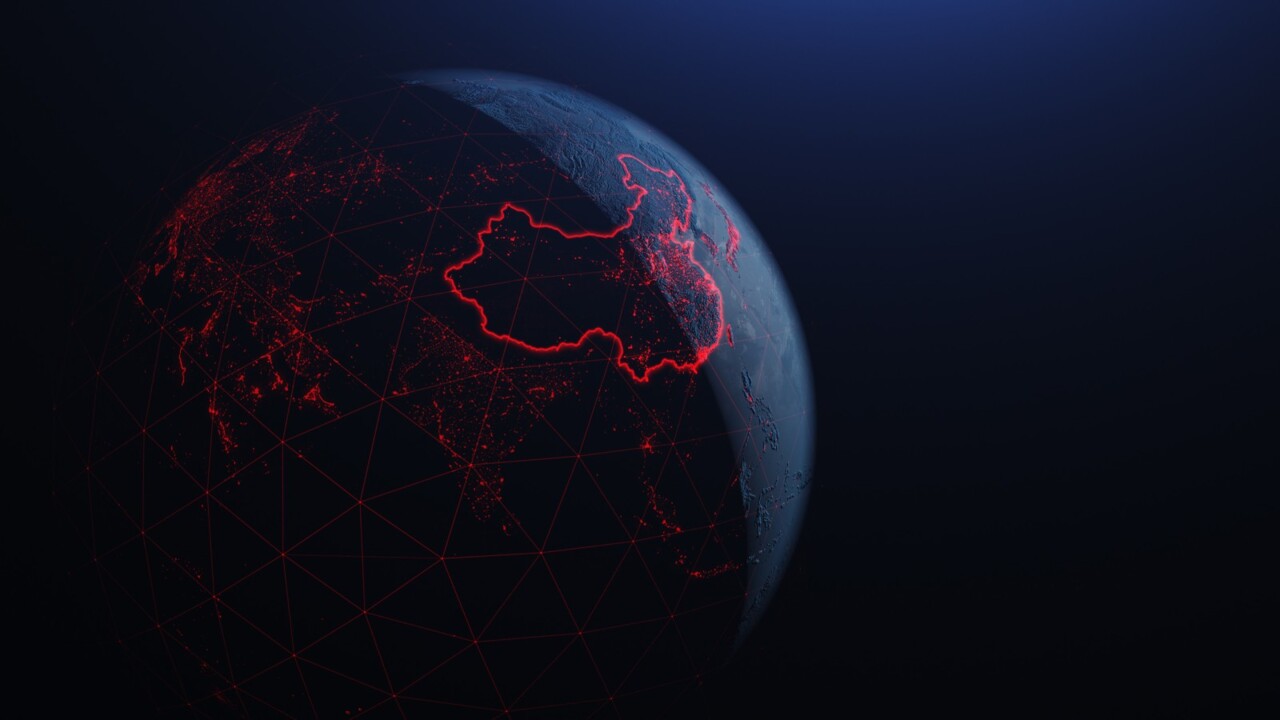
The Chinese panel said Thursday that while the coronaviruses in bats and pangolins are most closely related to Covid-19, Chinese experts believe the difference was still too wide to prove they are direct ancestors.
Liang Wannian, head of the Chinese side of the WHO-led team that visited Wuhan, said Chinese scientists have expanded their efforts to test animals for the virus. He didn’t disclose specific studies and again urged research to be conducted in other parts of the world. Studying bats as well as pangolins, raccoons and minks as potential hosts should be a focus, not only by China, he said. “Scientists around the world should do this work.”
The director of the Wuhan Institute of Virology’s biosafety laboratory, Yuan Zhiming, refuted media reports that three employees from the institute had become sick with symptoms consistent with Covid-19 and sought hospital care in November 2019, before Chinese authorities disclosed an outbreak in the city.
The findings came from a US intelligence report, although Mr Yuan didn’t mention their source. He said that so far, no staff or graduate students of the lab have been infected with Covid-19.
The Wall Street Journal

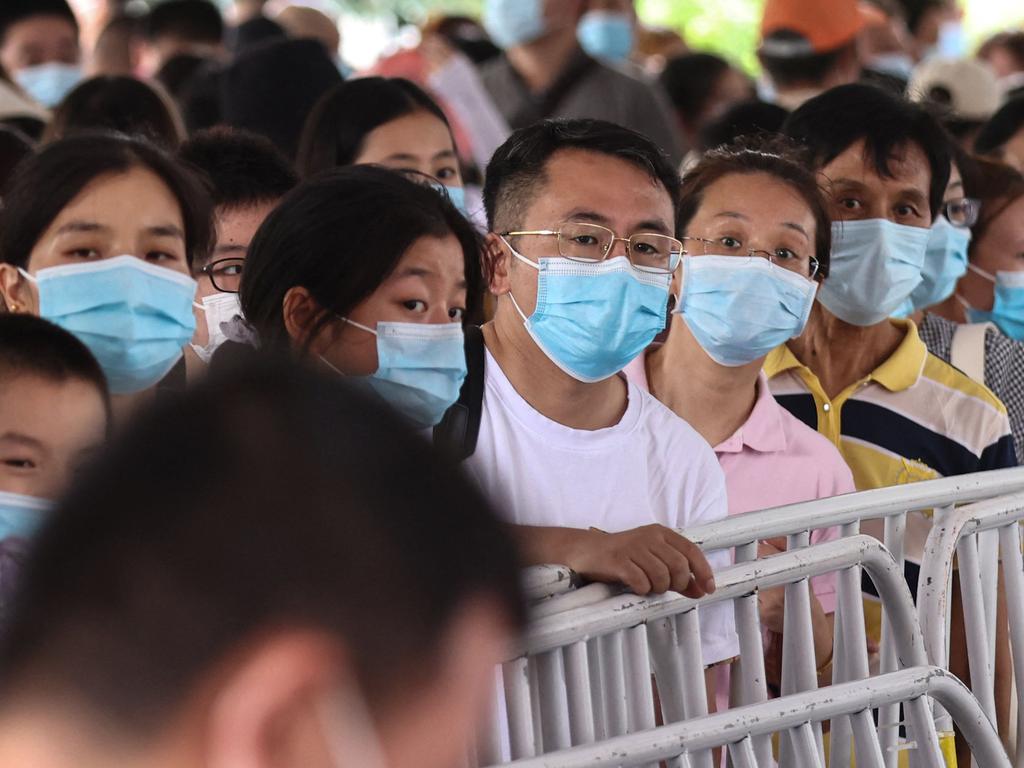
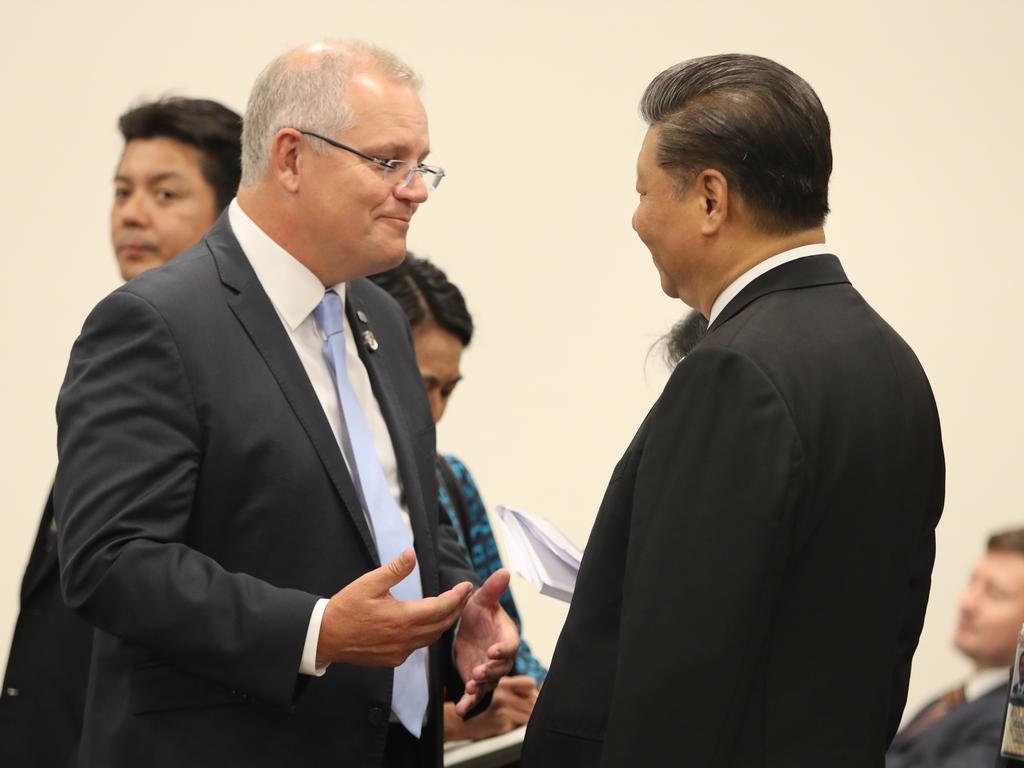

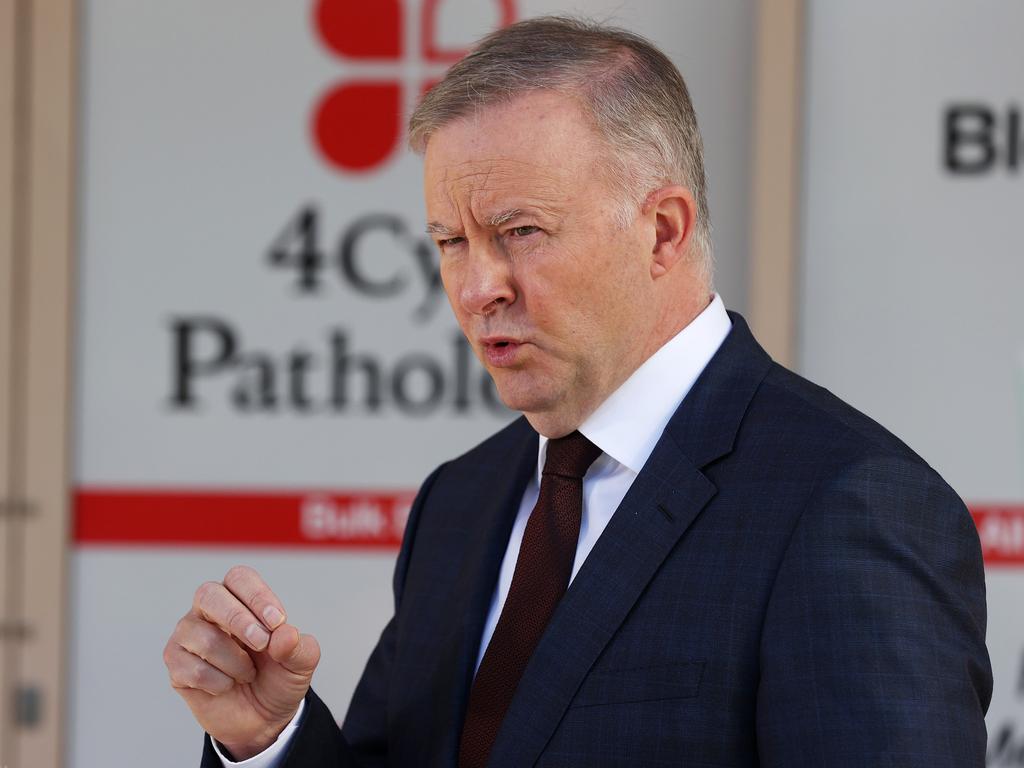


To join the conversation, please log in. Don't have an account? Register
Join the conversation, you are commenting as Logout